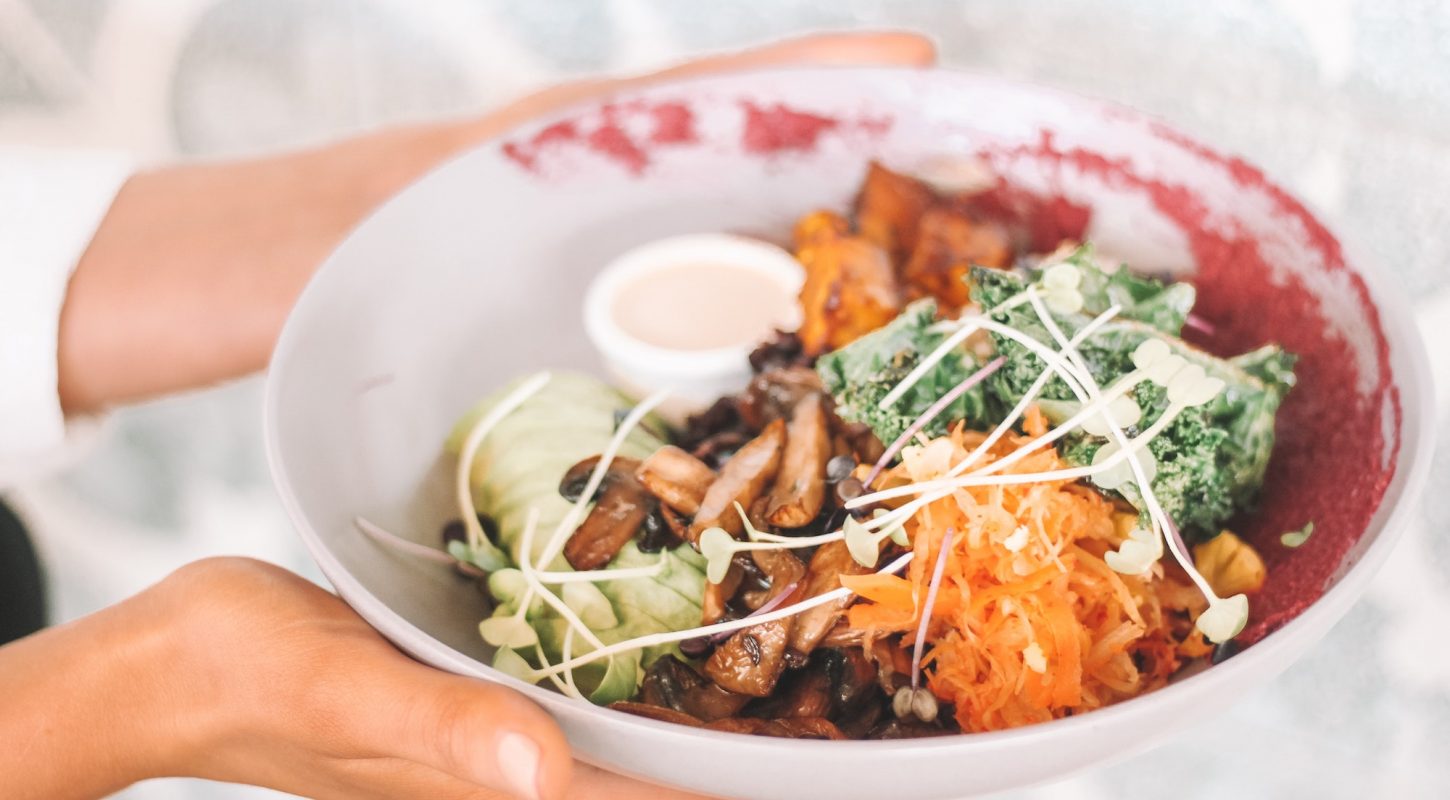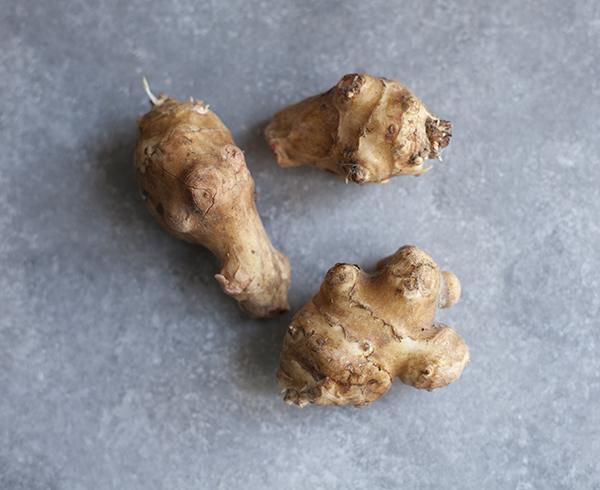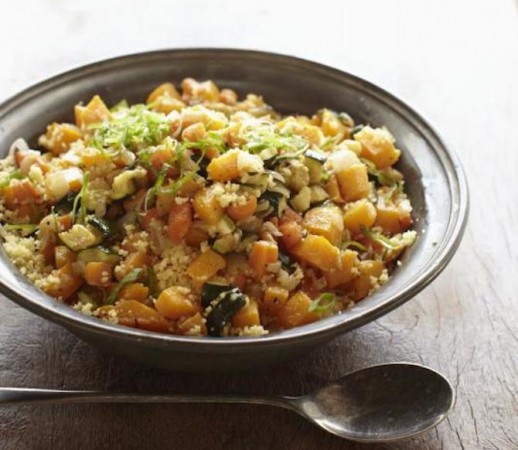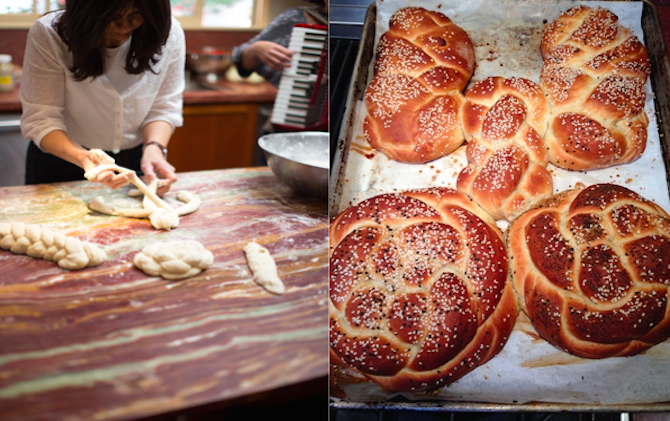Fall is such a wonderful time of year. The changing leaves (even here in Los Angeles!), the smell of cooler weather in the air, warming soups, seasonal veggies, and those special family gatherings. And who doesn’t love a fashion season of forgiving oversized coats and sweater dresses? Yes, please. But how do you prepare for the cooler season? Can a macrobiotic diet help?
Before you go nuts over pumpkin spice lattes (but not at Starbucks!) and holiday cocktails this year, these are some of my favorite macrobiotic tips to help prepare yourself for a happy, healthy autumn and winter.
What is a macrobiotic diet?
First things first: I talk a lot about eating a ‘superhero’ AKA macrobiotic diet—it’s a way of life for me. It may sound complicated, but it’s actually a fairly simple concept: eating with the seasons to keep things in balance.
The diet—which isn’t a diet in the fad weight-loss sense—(“diet” back in the day meant a way of life) is built around whole grains, local fresh veggies, sea vegetables like nori, kelp, and dusle, and legumes and beans. You can also eat seasonal fruits, nuts, seeds, in moderation.
There are more nuances to eating macrobiotic, but that’s the gist of it. Avoid the processed stuff, let whole foods fill up your plate, and see if you don’t feel better than ever. Of course, it’s also okay to have a veggie burger or pizza every once in a while, too. But when you keep your body in balance with the seasons for the most part, everything seems to just work better.
Benefits of a macrobiotic diet
When our bodies are healthy and in harmony with the seasons, this can mean a stronger immune system. No diet can make us germ-proof, but our immune system thrives in a healthy body.
Eating a macrobiotic diet may also help improve and speed recovery time should you find yourself sick with any seasonal virus. Because a macrobiotic diet is aimed at bringing balance to the body, it may help you sleep better and more soundly, which is important if you’re fending off a virus, too. It can also help to regulate mood, especially if you struggle with Seasonal Affective Disorder.
And I can speak personally about the glow-up macrobiotic eating has given to my skin. Antioxidant-rich foods with high water content help keep your skin hydrated and looking good, even in the dull, dry winter weather. And when you reduce the processed, over-salted, over-sugared junk most of us love to eat, your skin will thank you, too.
The Kind Diet is a great guide for how to eat for your healthiest, most vibrant self. And my ‘superhero’ section is essentially the Cliff Notes version of the macrobiotic diet so you can access it easily and deliciously! I think it’s a great entry point and there are lots of fun dishes to try, especially this time of year.
How to eat Macrobiotic for autumn
Ready to get started? Here are some of my favorite tips for eating macrobiotic in the autumn season.
1. Eat warming things: When the weather is cooler we need to get the warmth from the inside out. This means warm liquids packed with healthy nutrients. My favorite warming go-to soups include miso, lentil, squash, and veggie soups. You can also do creamy-based soups made with nondairy bases like soy, oat, or nut milk. For extra superhero credit, make creamy soups by puree. You don’t even need to add milk, which makes it yummy but tiny less healing.
2. Load up on the seasonal vegetables: Truth be told, this is simple to do in Los Angeles where so much is grown locally in California. But this time of year I look for all manner of squash—there are so many!—, my favorite sweet potatoes and other root vegetables like carrots and turnips. Most important though: greens. Lots and lots of dark leafy greens like collards, bok choy, and cabbage. (check out my favorite kale dish here).
3. Embrace grains: Ready to ditch the carbs-are-bad myth once and for all? Carb-rich whole grains support gut and heart health and boast vitamins and minerals crucial to keeping your immune system working properly. This time of year it’s great to eat short grain brown rice, whole grains like millet, barley, and oats.
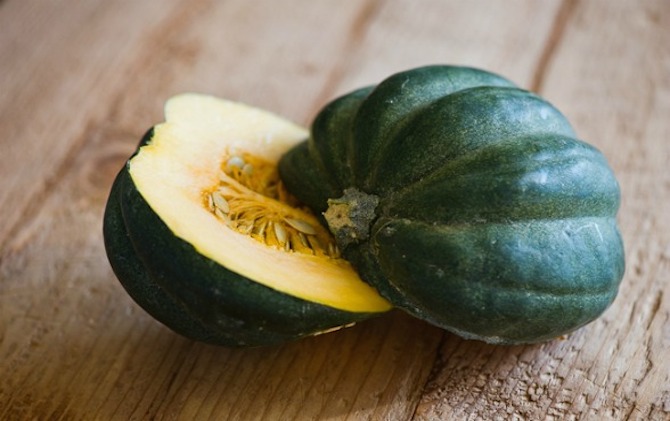
4. Beans, beans!: Legumes and beans are so good for our bodies and the planet. Lentils, for example, are heart-healthy for us—and the soil as they’re nitrogen fixers. Make hearty lentil soups, a lentil loaf or burger, or serve alongside steamed greens and rice for a deliciously warming meal. And be sure to check out all of the other great beans. Make delicious hummus from garbanzo beans, pintos for refried in tacos or burritos or quesadillas.
5. Seaweed: Seaweed is some of the most nutrient-dense food available. It is loaded with minerals from the ocean and brings so much flavor and umami to any meal. This time of year I love to sprinkle toasted nori on soup and rice, add dulse to stews, or make a kanten pudding. (You can try mine here. It’s made with late summer strawberries but you can swap to autumn fruits like apples or pears.)
6. Eat for your mood: Is the coming chill of winter causing anxiety? Are you feeling sad or stressed? There are some foods that may help. Try millet with garbanzo or aduki beans, carrots and squash or a kuzu recipe (try my kuzu tea here) to help calm and soothe stress and anxiety. For a seasonal mood boost, try miso soup, brown rice, lentil, tofu, steamed greens, toasted seeds, ginger, onion, or cooked seasonal fruits like stewed apples.
Want to learn more about macrobiotic eating? Check out the Kind Diet for more info.
